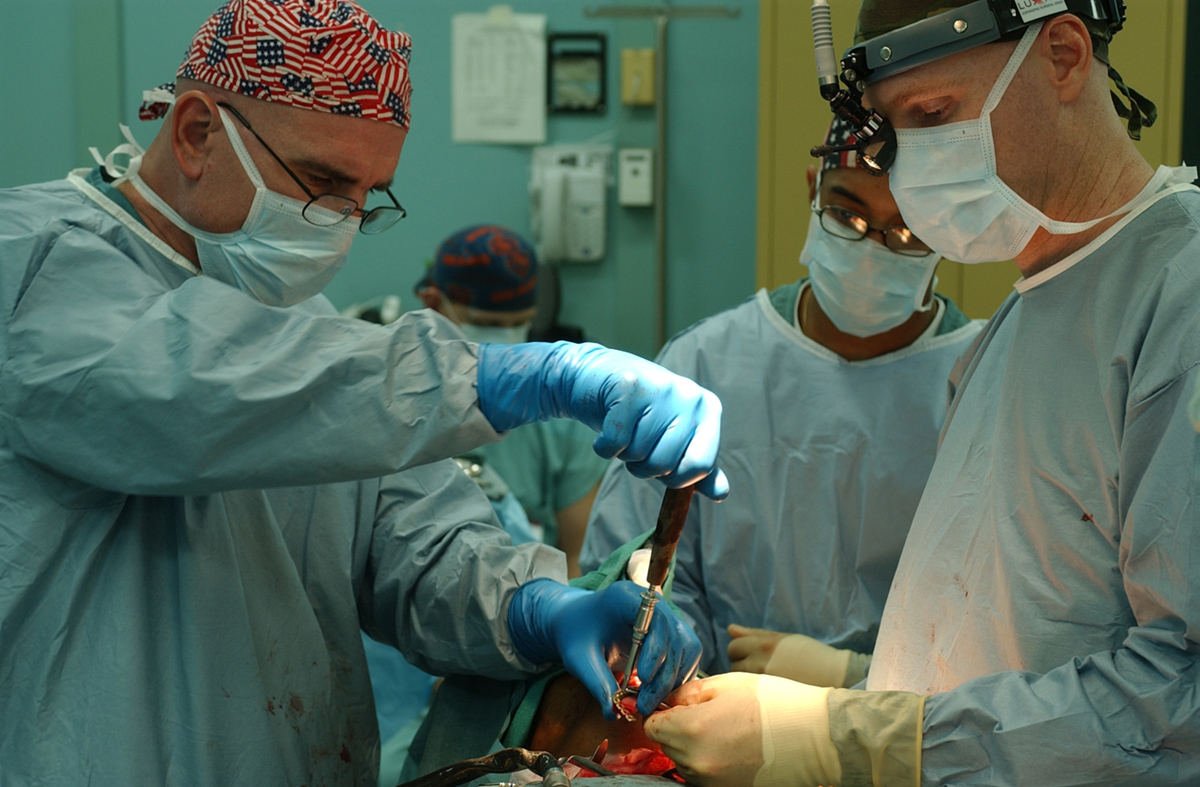
Jaw surgery recovery
When one is involved in jaw and face correction surgery, usually referred to structure or growth, it is called orthognathic surgery. Bones in your jaw area get cut and realigned, after which they are held in a place by plates and screws. The answer to the question that is most frequently asked in these situations “What is the period of time that is needed for the bone to heal?” is that it depends on the extensiveness of the surgery, so it varies. Numbness in the face and jaw area, temporary or, rarely, permanent, is the complication that mostly occurs after the surgery. It happens if the nerve is damaged. Since it will be painful right after the surgery, it is recommended to try and move your jaw, from left to right, really slowly, in the first 10 days. Also, avoid any sports in that period and try not to clench your teeth. Orthognathic surgery advanced, medically speaking, and it is now possible to help grow new bone to lengthen the jaw. A device is put under the skin, after the cut is made in the bone, where it creates a new growth center. Devices like this, internal, do not hurt as much and are not that obvious.
A sum up of things which some people did after their surgery
Drink a lot of water, because of probable dehydration. Also, prune juice helps, because it provides fiber that the body needs. Next, if you attempt to pull any dead skin off of the lips, be sure that it's not a stitch. Medical lip balm should be used as soon as you return to home. If not, flaps of dead skin may catch on your braces. In the first 5- 6 weeks, apply heat to the face 3- 4 times a day. Not only does it help with the swelling, but it helps you fall asleep. Since yawning can be quite painful, make sure you get enough sleep. The moment your surgeon tells you that is ok to eat solid food, do it. It will be slow and frustrating in the beginning, but it is important that it is done, because your jaw muscles need to be built back up.
A doctor that radiates confidence should be found, because he will help you a great deal in the recovery process. Communication with him is important and he will help you understand the procedure and answer if you have some concerns. Also, any questions one might have, it is best that they are asked before the surgery, it will make the recovery process easier if one is well informed.


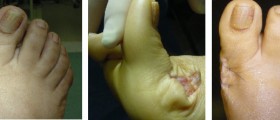
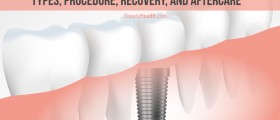
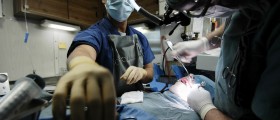
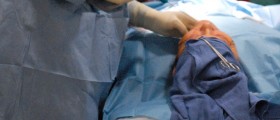
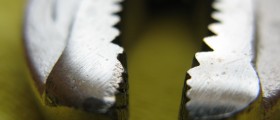
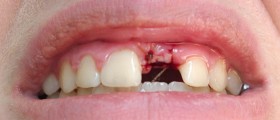
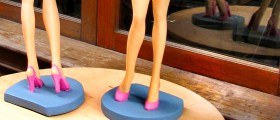

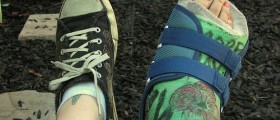

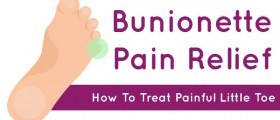

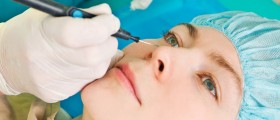


Your thoughts on this
Loading...